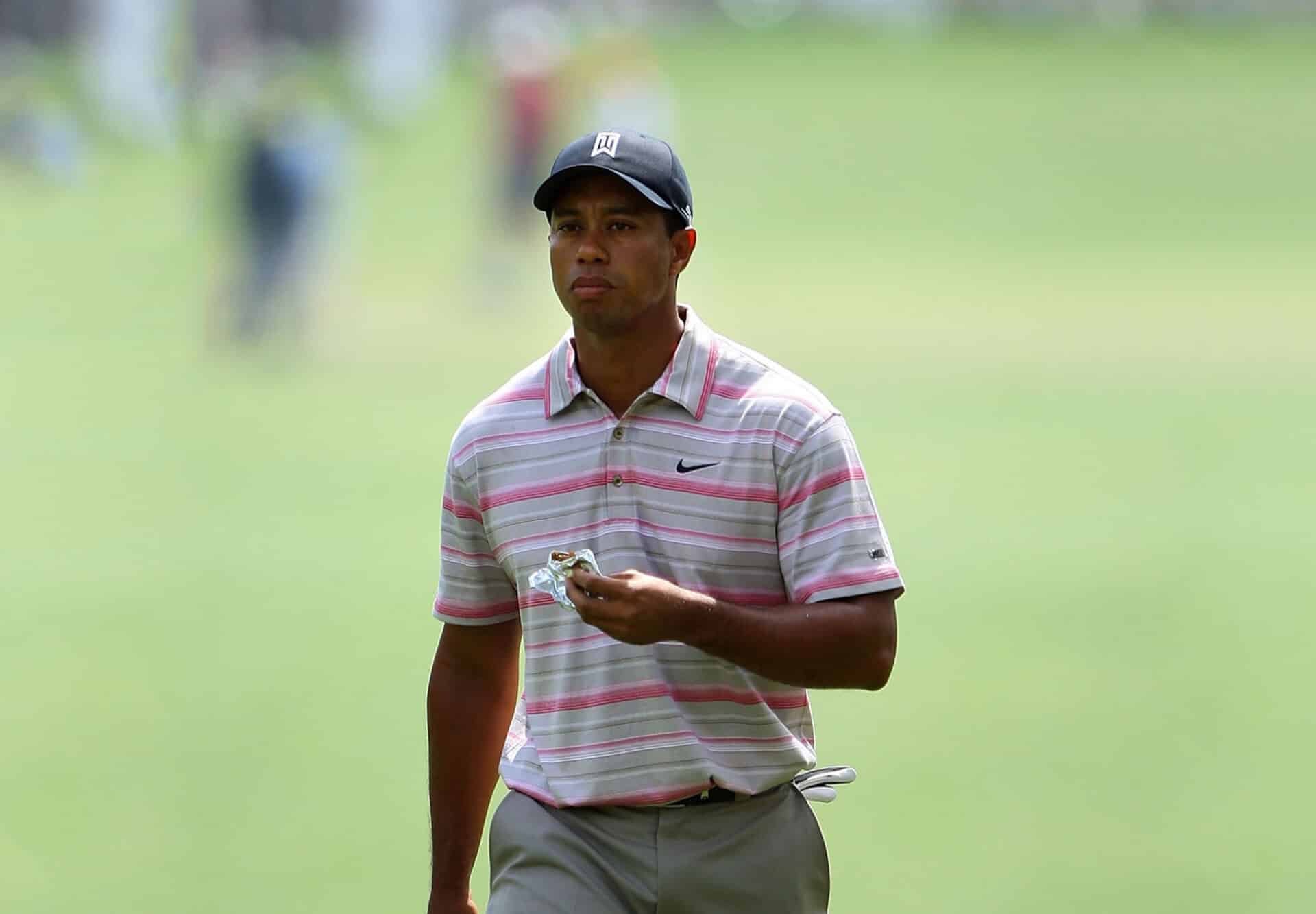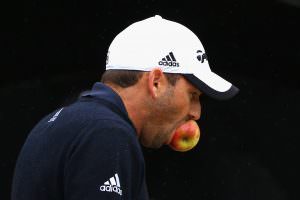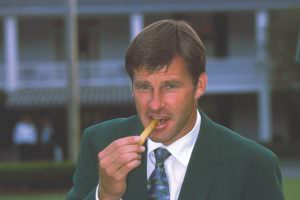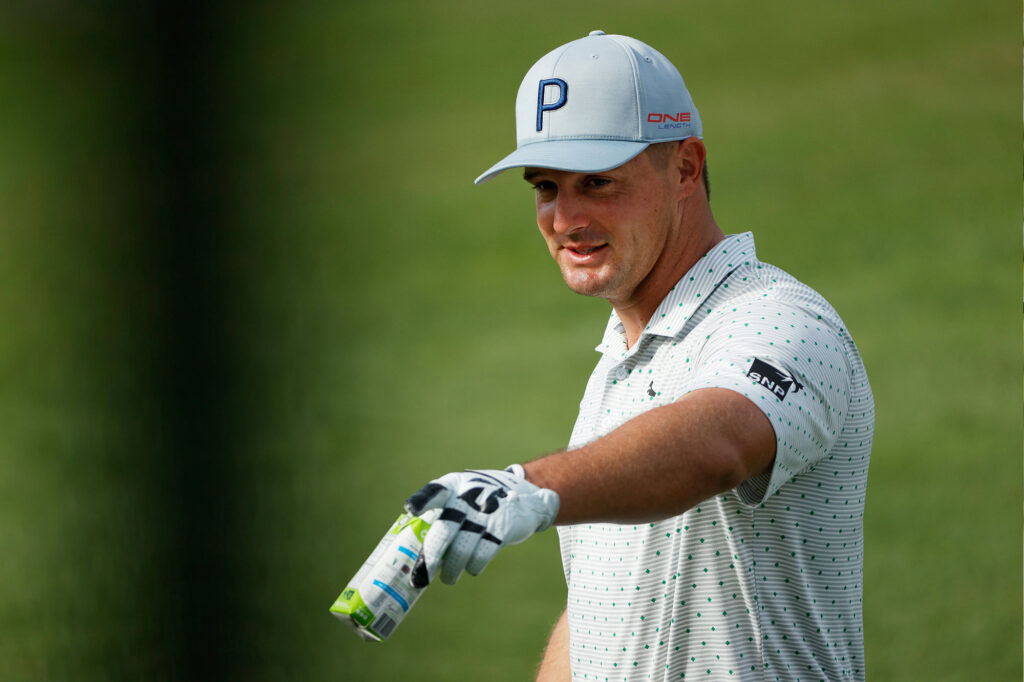
Supplements in golf: Can protein boost your game like Bryson’s?
How are you using this golfing off-season? Are you influenced by the efforts and success of Bryson? If you are a teenager, do you want to max out your swing speed? If you are a senior player, do you want to keep fit and try hit an iron into a par four rather than keep removing headcovers?
Clearly nutrition plays a part in any physical development & clever marketing may leave you believing there are short cuts to be utilised. So, do these exist, how do supplements work and can they help your golf game?
My number one rule is that your diet should supply all your nutrients. It’s a ‘food first’ policy. Supplements should only support your food intake and not replace the opportunity to eat good, healthy food.
With regards to golf and the power focus, there are two consistent themes I am questioned about from my players.
Golf supplements: Whey Protein
The body cannot store protein. We therefore need to look for regular supply to the body. This should see us consider protein sources such as milk, oats, eggs, fish, meat, pulses & beans when we eat. The average adult requires around 1g of protein for every kg of their body weight each day. Almost all adults achieve this through diet. Golfers who practice frequently or exercise for strength will need a higher level; around 1.5g per kg but this is still attainable through diet.
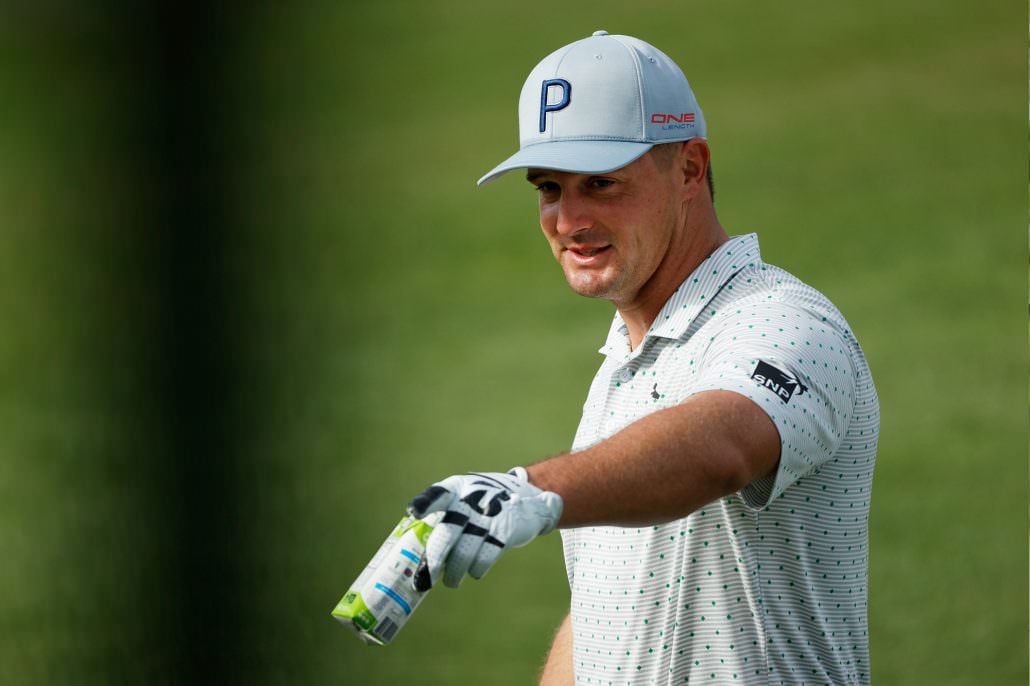
Whey protein is fashionable, particularly amongst young players. But loading the body with high levels of protein won’t mean building muscle faster, despite the claims Bryson may make regarding eight shakes a day. The body can only absorb and use a limited amount of protein at each meal. This will vary between 20-35g. Anything more than this will leave the body as urine. There may be power athletes who require some supplementation but for the vast majority, whey protein is literally like sending your money down the toilet.
Golf supplements: Creatine
For those who do use a gym and weight train regularly, I’d suggest this is a genuine benefit to your development. Creatine is a naturally occurring compound that we find mostly in muscle tissue. It aids the speed at which we recover from intense exercise and so is extremely useful when pushing out the final reps in a set or if we are working on driver speed on the range. The best version is Creatine Monohydrate and for elite players it’s vital you purchase from a company who have their product ‘batch tested’ by Informed Sport (MSC Nutrition are a company I work with for this very reason).
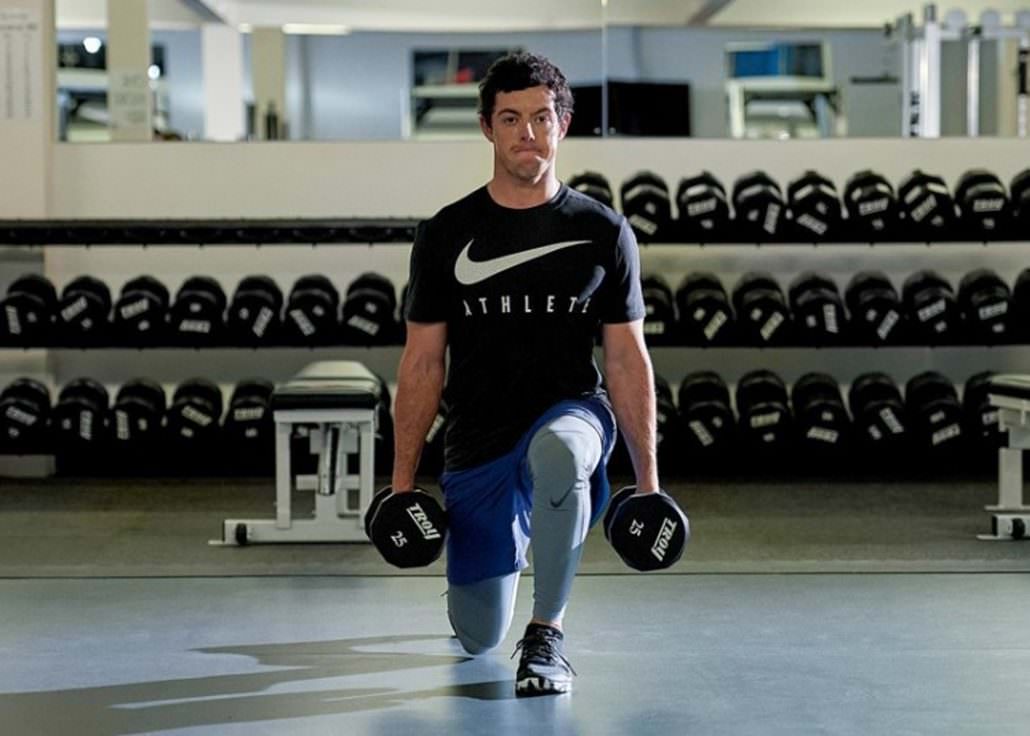
We can gain creatine from red meat & fish but supplementation gives us far more in a small dosage in comparison to the quantity of food we would need to eat; and pay for! It’s a highly researched product and, almost 30 years after it’s appearance, doesn’t have any negative long-term effects on those who use it.
In summary, look for regular protein sources, healthy carbohydrates and frequent opportunities for fruit and veg. If you work out and want to build power and speed, creatine monohydrate is a serious consideration.
If you have any golf nutrition questions for Phil you can get in touch via his website or follow him on Twitter and Instagram.
- Related: What should you eat before a round?
- Related: How to stay properly hydrated during a round
- Related: Here’s what DeChambeau eats each day
- Related: Can you improve your golf with a DeChambeau-style weight gain?
Follow NCG on Twitter, Facebook and Instagram – and don’t forget to subscribe to our YouTube channel for free online golf instruction, the latest equipment reviews, and much, much more.


